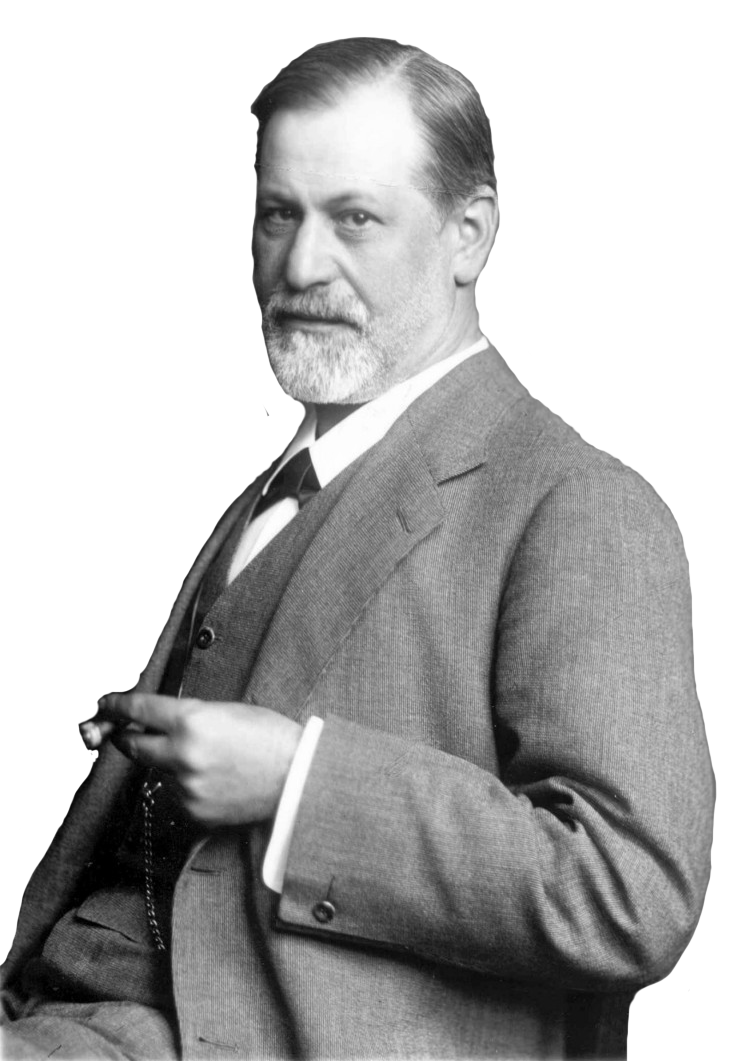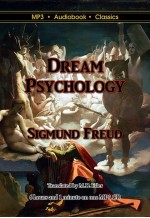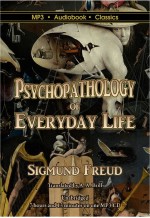Sigmund Freud
 | Sigmund Freud (May 6, 1856 – September 23, 1939) was an Austrian neurologist best known as the father of psychoanalysis. He was born the eldest of eight children in the Moravian town of Freiberg in the Austrian Empire, now part of the Czech Republic. In 1860 the family relocated to Vienna, where Freud distinguished himself as a student with proficiency in eight languages. He entered the University of Vienna at age 17, graduating with a medical degree in 1881. He joined the Vienna General Hospital in 1882 and carried out research in cerebral palsy, aphasia, and microscopic neuroanatomy. He was appointed a University lecturer in neuropathology in 1885. He left the hospital in 1886 to establish a private practice specializing in nervous disorders. That same year he married Martha Bernays, with whom he would have six children. After initial work treating patients with hypnosis, he found that symptom relief could be found by simply encouraging his patients to talk freely about ideas and memories, which led to the creation of the psychoanalytical discipline. He discovered the process of transference as a central factor in the analytic process. He elaborated a model of the psyche that postulated the unconscious as a disruptive agency and analyzed dreams as wish-fulfillments that revealed underlying mechanisms of repression. Perhaps his most radical notion was the conceptualization of the libido and of sexuality as a lifelong drive originating in infancy. He described his clinical method and theory of origins of hysteria through a study of case histories in Studies on Hysteria in 1895. This was followed by The Interpretation of Dreams in 1899, The Psychopathology of Everyday Life in 1901, and Jokes and their Relation to the Unconscious and Three Essays on the Theory of Sexuality on 1905. His work gave rise to the establishment of the psychoanalytic movement, and he remained a central figure in the discipline for the remainder of his life. While many of his ideas have been challenged in ensuing years, it is safe to say his work has had a profound effect on the understanding of behavior. He narrowly escaped the Nazis by emigrating to London in 1938 and died the following year. |
Dream Psychology
Not a few serious-minded students have been discouraged from attempting a study of Freud’s dream psy..
$9.99
Psychopathology of Everyday Life
Professor Freud developed his system of psychoanalysis while studying the so-called borderline cases..
$9.99


